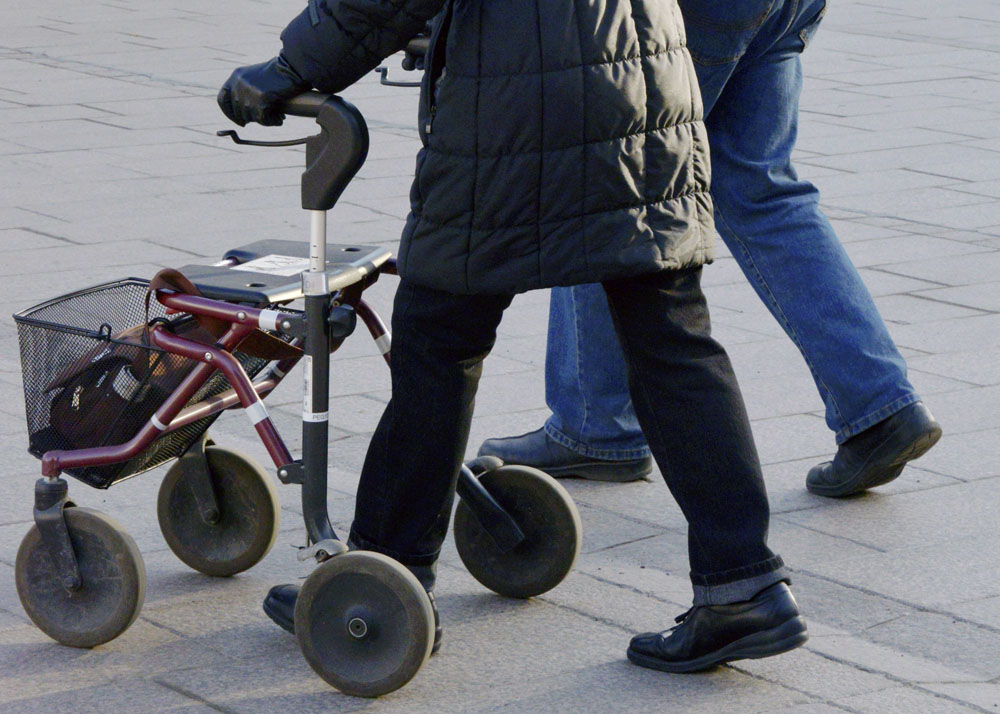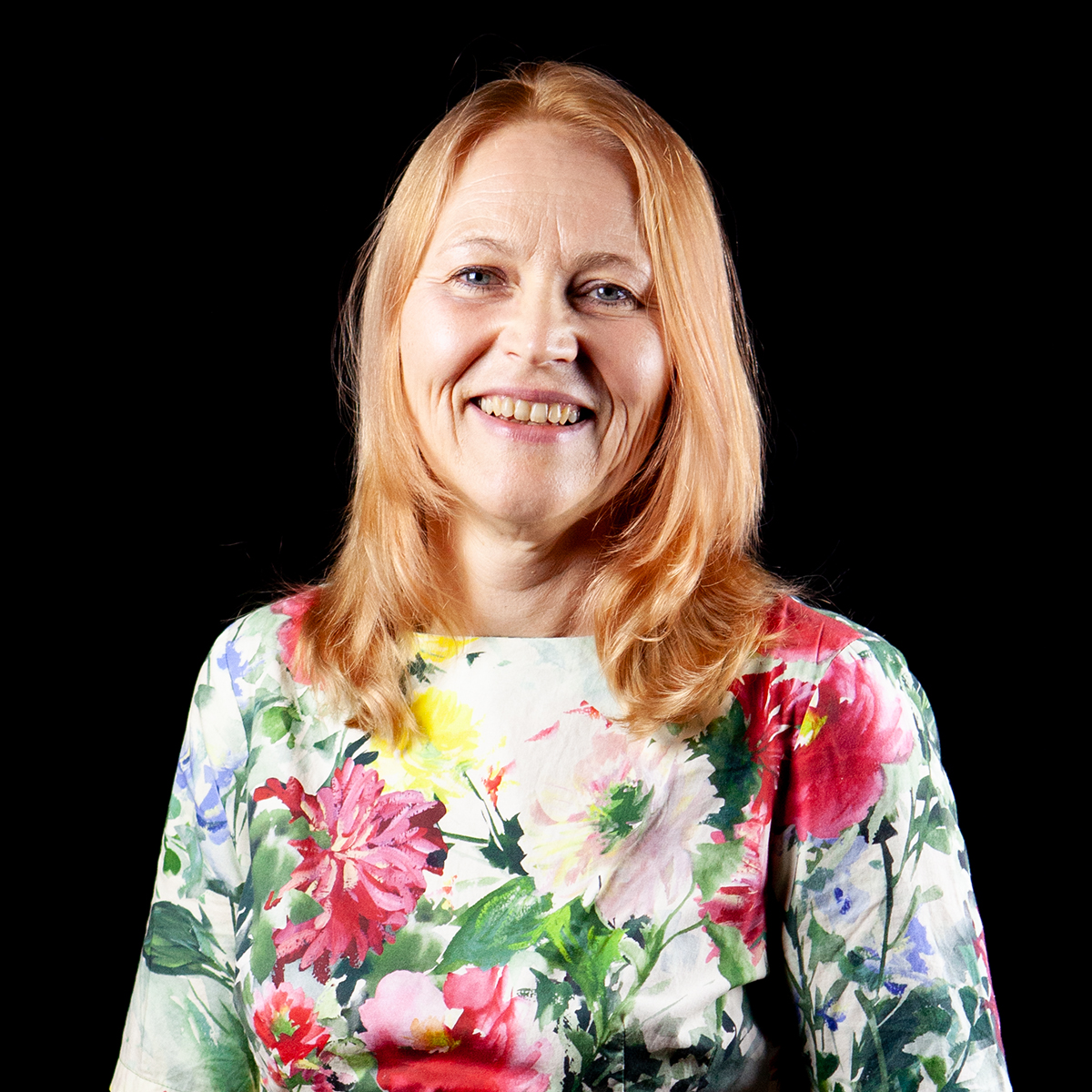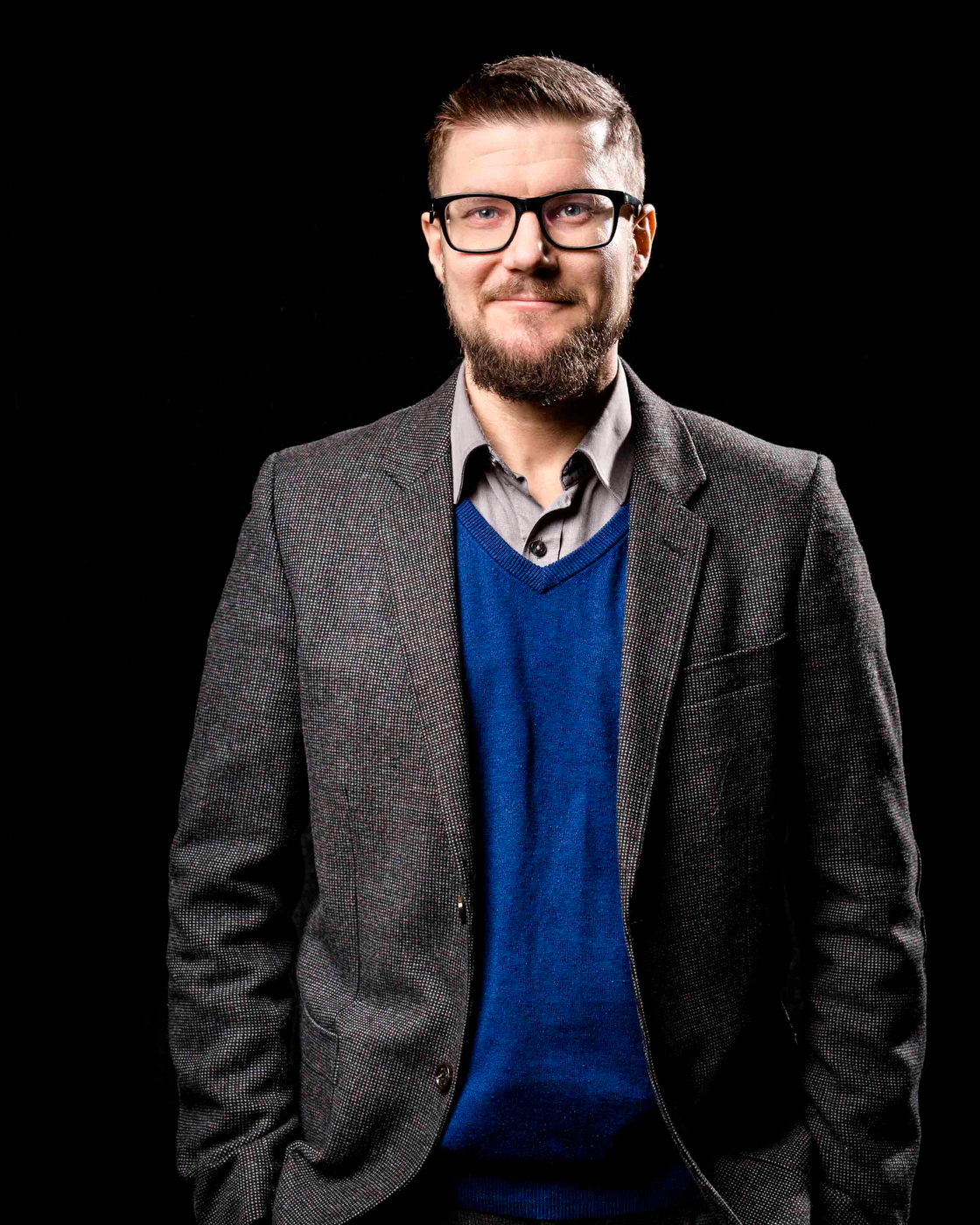Care Gap – From quality data to effectiveness
The goal of the Care Gap project is to refine data produced in social welfare and health care into knowledge on the care deficiency of an individual or demographic group. This is also beneficial for service developers and individual citizens alike.
WHAT IS IT ABOUT?
The aim of the project is to assess the quality of data and conduct a ”virtual medical examination” on a group of patients by analysing patient records. The examination is used to identify the care gap and list the means by which the effectiveness of care can be improved for each patient.
Data is used to facilitate a broader analysis of the overall status of disease treatment, such as having to do with medication, and, in turn, develop health care services. Broader, higher quality data also allows for the national comparison of service providers. Care Gap can also help in the identification of individual patients, whose care can be improved.
At present, reaching high-risk patients is usually random and largely based on patients initiating contact themselves. One goal of the Care Gap project is for high-risk patients to be identified directly by means of a virtual medical examination and invited for treatment.
Care Gap can also improve cost-efficiency in health care services. The allocation of services that fall within the scope of freedom of choice is based on individual plans, which are drafted together with the clients. By combining information on plans made together with clients and those made virtually, it is possible to assess and budget costs more precisely, while allocating resources for more effective and economical procedures.
What do we do?
The Care Gap project is being used in an effort to allocate resources for services providing the most health and well-being benefits while reducing differences in them. The goal is to both promote fairer health care at the national level and achieve better care results and health benefits for each individual. Sitra is funding development of the tool and supporting development work with its own expertise in in the digitalisation of social welfare and health care services.
Who participates?
Sitra’s partners in the project are the City of Helsinki and health and social security enterprise Saarikka, which consists of the municipalities of Kannonkoski, Karstula, Kivijärvi and Kyyjärvi and the City of Saarijärvi.
Where are we now?
The project began in September 2016 and will run until the end of 2018.
CONTACT
Would love to hear from You!



CURRENT